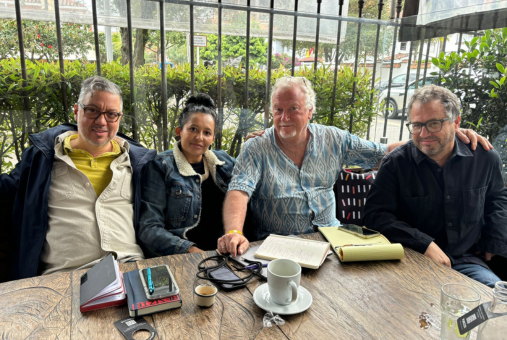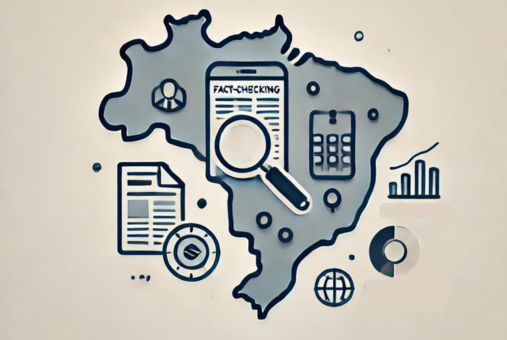
Boom is a new platform that brings together journalism, art and activism. It was created by prominent journalists seeking to have a transformative impact on the Americas.

The creators behind Periodismo de lo posible are rethinking what it means to have an impact with journalism, looking beyond clicks and efforts to go viral.

As Brazil gears up for municipal elections, independent media are introducing new initiatives to make political information more accessible and reliable, ranging from monitoring WhatsApp and Telegram to aggregating official data.

Artificial intelligence is transforming tasks previously done by journalists, like news writing, image generation and data analysis.

Argentina’s pioneering Chequeado created a lab to run experiments with artificial intelligence. In their first run, they tested how four AI models could help simplify complicated concepts.

While other newspapers were cutting children's supplements, the independent la diaria, from Uruguay, launched Gigantes and gained over two thousand subscribers in three years. Their secret? Incorporating children and teenagers into their production processes and addressing topics that truly interest young readers, balancing information and entertainment.

Disinformation and obstacles to accessing public information are some of the challenges that journalists from Bolivia, Colombia and Mexico have faced when covering issues related to water. Reporters shared recommendations to improve coverage of the water crisis, including the use of long-term and long-form reporting.

A Reuters Institute study showed that the most popular generative AI platform in Argentina is by far ChatGPT, although very few people use it to get news. It also showed that Argentines have slightly more confidence than people from other countries that the news media make responsible use of this technology. Two journalists from that country shared their opinion on the findings.

After presenting VerificAudio, an AI tool to detect manipulated audio material and combat disinformation, the PRISA media group will begin using it in its news stations in Spain, Mexico, Colombia and Chile. It’s also considering collaboration with other media that are interested in the tool.

To show the impact of an historic drought on the agricultural industry, a team of journalists from La Nación spoke with more than nine rural producers. They also spoke with specialists to learn about the tons of cereals that were lost, as well as how much money never entered the market.

Journalists are increasingly using social media and open-source intelligence techniques to cover conflicts and conduct in-depth reporting. Panelists at ISOJ discussed how these techniques, combined with collaboration and verification methods, are uncovering crucial information, from geolocation of war crimes to identifying military staff in videos.

Two local Brazilian media outlets have adopted generative artificial intelligence to amplify their impact and automate tasks that require precious time and effort from their lean teams. Discover the projects by Agência Tatu and Farolete, which combine data scraping and ChatGPT technology to produce content based on public data.